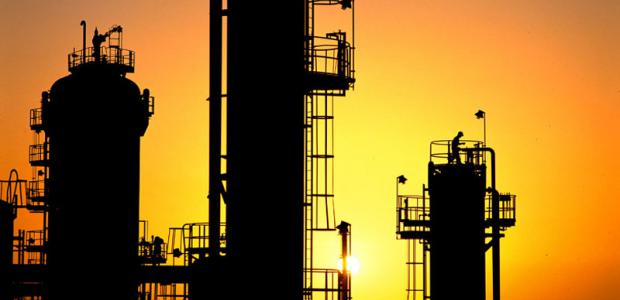Refineries in the Mediterranean are keenly anticipating a return to oil purchases from Iran, once Western-imposed sanctions are lifted. Tehran has agreed to stop its nuclear program in exchange for a return to the international oil market, a prospect viewed favorably by refineries. They are drawn by the Iranian crude varieties to be offered, both technically and in terms of price.
“Iran is an old and respected business partner. We are awaiting Iran’s return to the market,” remarked an official at ELPE (Hellenic Petroleum). “The amount of crude expected to return to the Mediterranean market will reduce prices and offer more options to refineries in the region,” the ELPE official added.
Iran has set an objective to maximize exports to the European market and recapture the 40 percent share of this market before sanctions were imposed.
Until 2012, Iran supplied ELPE with approximately 25 percent of crude used by the Greek refinery. ELPE’s keen anticipation to resume conducting business with Iranian oil producers is shared by other refineries across the Mediterranean basin.
An official at Spanish refinery CEPSA noted: “Iranian crude represented a large part of our [incoming] supply and we have an extensive trading partnership with the country going back many years. If the sanctions are lifted, then Iranian crude varieties will definitely offer an option we will take into account.”
An Iranian official noted the return of Iran to the market would lead to lower prices for Mediterranean refineries, especially smaller countries with economic problems, such as Greece.
Prior to the imposition of sanctions on Iran, Greece’s ELPE and Motor Oil were purchasing 80,000 and 60,000 barrels per day, respectively, according to Reuters. Turkey’s Tupras was ordering 200,000 barrels per day; France’s Total 100,000 barrels per day; the UK’s Shell 100,000 barrels per day; Spain’s Cepsa and Repsol 70,000 and 30,000 barrels per day, respectively; and Italy’s ERG and Eni 30,000 and 20,000 barrels per day, respectively.





